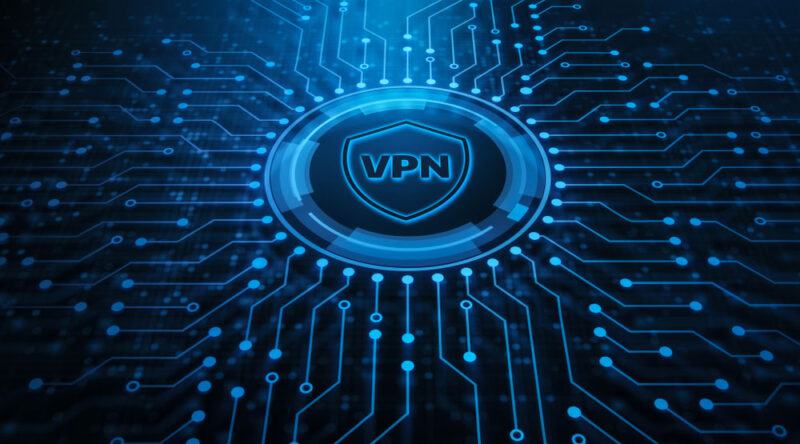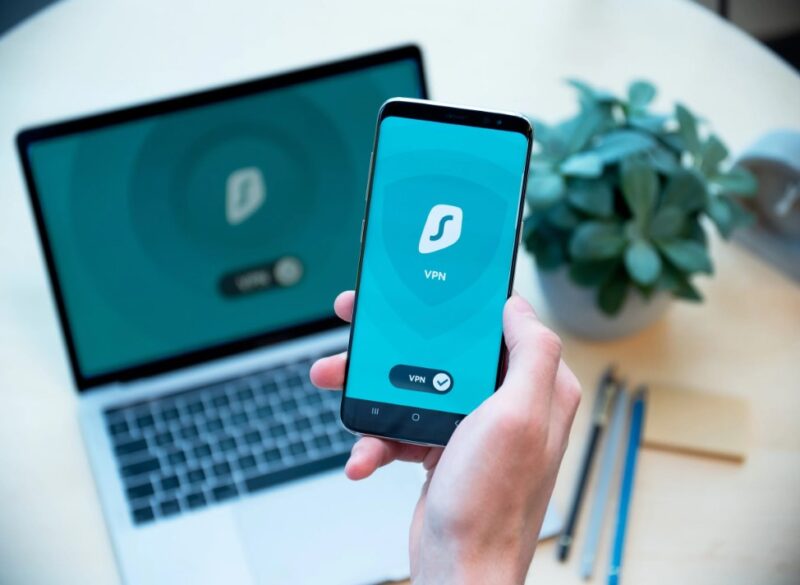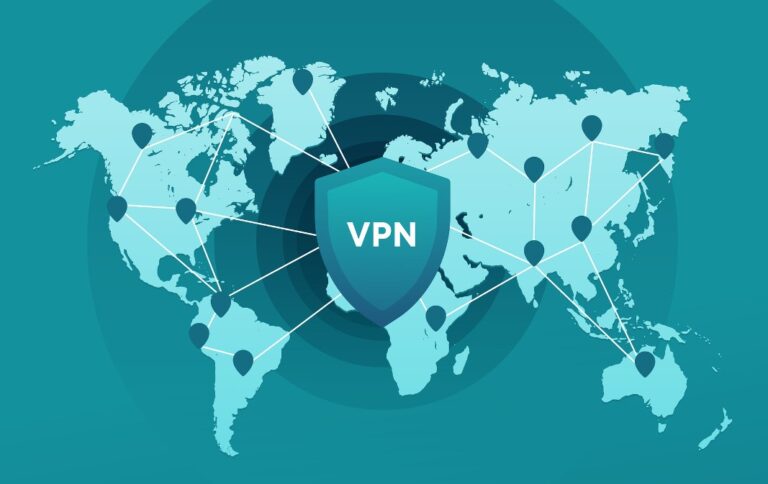Navigating the digital world securely demands more than just the decision to use a VPN; it requires choosing the right one from the myriad available. This choice can significantly impact your online privacy, security, and accessibility to global content.
To guide you through this selection process, we present detailed advice on picking a VPN that aligns with your internet usage needs.
1. Prioritize Privacy Policies
At the heart of a dependable VPN is its commitment to user privacy, primarily reflected in its privacy policy. A robust VPN should adhere to a strict no-logs policy, ensuring it does not keep any records of your online activities.
This aspect is crucial as it directly impacts your privacy and security online. When evaluating a VPN, it’s essential to carefully review its privacy policy for any hidden clauses or vague terms that might indicate otherwise.
Transparency in how they handle your data is a clear sign of a trustworthy provider. This means they should explicitly state their logging practices, data retention periods, and under what circumstances, if any, they would share user data. A provider that is open about their operations and prioritizes user privacy above all is what you should be looking for.
2. Consider Connection Speeds

The usability and efficiency of a VPN are greatly determined by its connection speeds. Opting for a VPN that offers high-speed connections is critical, especially in today’s fast-paced online environment where delays or buffering can significantly disrupt your internet experience.
Test the speeds offered by various VPNs to ensure they can support your browsing, streaming, and downloading activities without substantial slowdowns.
While some speed loss is expected due to encryption processes, a high-quality VPN minimizes this impact, offering speeds that closely match your ISP’s without the VPN. Providers that guarantee unlimited bandwidth and invest in high-speed servers around the globe demonstrate their commitment to a seamless user experience, making them ideal choices for heavy internet users.
3. Assess Security Features
The security capabilities of the best VPN as seen here are paramount in protecting your online activities from prying eyes. Essential to this is the use of robust encryption standards, such as AES-256-bit encryption, which is widely regarded as virtually unbreakable and is the industry standard among security professionals and governments worldwide. But encryption alone is not enough.
Features like a kill switch, which automatically disconnects your device from the internet if the VPN connection fails, ensure that your data is not accidentally exposed. DNS leak protection is another critical feature, preventing your internet service provider from seeing your online activities. Additionally, look for VPNs that offer IP address masking, allowing you to navigate the web without revealing your true location. These security measures are crucial for maintaining anonymity and safeguarding your data against hackers and surveillance.
4. Examine Server Distribution

The geographical distribution of VPN servers plays a crucial role in the overall performance and utility of the service. A VPN with a vast network of servers spread across different countries offers you more flexibility in terms of geo-spoofing, which is particularly useful for accessing region-restricted content like streaming services, news sites, and social media platforms.
Moreover, having a wide selection of servers can improve connection speeds, as you’re more likely to find a server that’s physically closer to your location, thereby reducing latency. This is especially important for users who rely on VPNs for gaming, high-definition streaming, or large file downloads, where speed and reliability are key. Additionally, a diverse server network can provide redundancy, ensuring that if one server is down or experiencing high traffic, you can easily switch to another server for uninterrupted service.
5. Explore User Interface and Ease of Use
Lastly, the user interface and overall ease of use of the VPN software can significantly influence your satisfaction with the service. A VPN should offer a straightforward, intuitive interface that makes it easy for users of all skill levels to configure and use. This includes simple procedures for selecting servers, toggling security features, and accessing customer support.
For users who prefer a hands-off approach, look for VPNs that offer automatic server selection based on your needs, such as optimized servers for streaming or torrenting. Additionally, consider the availability of dedicated apps for different devices and operating systems, as this can greatly enhance your experience across platforms. A VPN that balances powerful features with user-friendly design ensures that you can take full advantage of its capabilities without needing to be a tech expert.
6. Check for Multi-Device Support

In today’s interconnected world, it’s common to use multiple devices to access the internet. Therefore, a VPN that supports simultaneous connections on several devices is highly advantageous.
This feature allows you to secure your smartphone, laptop, tablet, and other devices under a single VPN subscription. When choosing a VPN, verify the number of devices supported simultaneously and ensure it aligns with your needs. This flexibility is crucial for both individuals and families seeking to protect their online activities across all devices.
7. Investigate the VPN’s Compatibility
Your VPN should seamlessly integrate with your operating systems and platforms. Whether you’re using Windows, macOS, Android, iOS, or Linux, the VPN provider should offer compatible, easy-to-install applications.
This compatibility extends to browser extensions and even support for routers, enabling you to secure all traffic in your home or office network. Assessing the VPN’s compatibility ensures that your devices are protected, regardless of the software environment.
8. Evaluate Customer Support
Quality customer support is essential for navigating any issues that may arise with your VPN service. Look for providers that offer multiple support channels, such as live chat, email, and phone support, available 24/7.
The responsiveness and expertise of the support team can significantly impact your experience, especially if you encounter technical difficulties or have questions about setting up the service. Providers that prioritize customer support demonstrate their commitment to user satisfaction and reliability.
9. Consider Pricing and Payment Options

While free VPNs might seem appealing, they often lack the speed, security, and features of paid services. When evaluating paid VPNs, consider the pricing plans, looking for value rather than just the lowest price.
Examine what each plan offers, such as the number of supported devices, server access, and additional features. Furthermore, review the payment options available, including the possibility of anonymous payments through cryptocurrencies or gift cards, which can offer an extra layer of privacy.
10. Look for Trial Periods and Money-Back Guarantees
A VPN that offers a free trial or a money-back guarantee shows confidence in its service quality. These options allow you to test the VPN’s performance in your specific use case without committing financially.
A trial period or a generous money-back guarantee period gives you the flexibility to evaluate the connection speeds, server availability, and compatibility with your devices and applications before making a decision.
11. Research the Company’s Reputation
The trustworthiness and reputation of the VPN provider are critical. Research the company’s history, looking for any past security breaches, privacy issues, or controversies. Reviews from credible sources and feedback from current users can provide valuable insights into the provider’s reliability, performance, and customer service quality.
A reputable VPN company should have a proven track record of respecting user privacy and delivering consistent service.

12. Understand the Regulatory Jurisdiction
Finally, consider the jurisdiction under which the VPN provider operates. The country’s laws regarding data retention and sharing can affect the privacy of your data. Providers located in countries with no mandatory data retention laws or those part of privacy-friendly jurisdictions are often preferable. This can protect against the possibility of your data being handed over to authorities without your consent.
In selecting a VPN, a comprehensive approach covering privacy, speed, security, user experience, and company reputation ensures that you choose a service that not only protects your online activities but enhances your overall internet experience. By carefully considering these twelve aspects, you can select a VPN that aligns with your needs, offering a blend of performance, convenience, and security.
Related Posts:
- Are Glass Splashbacks Cheaper Than Tiles? Tips for a…
- How to Calculate Long-Term Disability Premium: Legal…
- Social Media Management Strategies for Building a…
- How to Naturally Increase Fertility: Top Tips and Strategies
- 12 Tips for Calculating the Right Digital Marketing…
- 12 Tips to Transform Your Online Presence Through…







